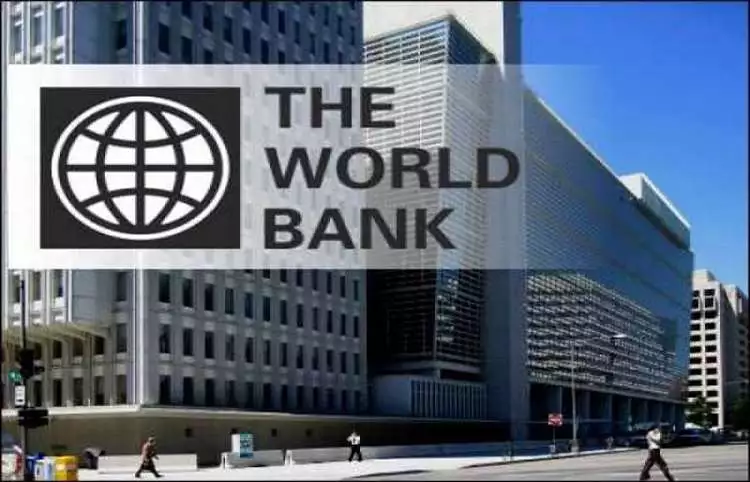The World Bank has confirmed Nigeria’s poverty status. And, it fears, inspite of the Federal Government’s claims to the contrary, that the country is in trouble.
The World’s apex banks says Nigeria’s high rate of Poverty is very worrisome, prompting the World Bank to lament the precarious state of the nation.
The World bank’s verdict came at the time Fitch gave the policies of the Central Bank of Nigeria in its management of the economy a thumb’s down. Fitch dismissed the CBN’s management of the country’s economy as costly and unconventional. It is also came when former President Olusgun Obasanjo raised an alarm over the state of the economy, saying Nigeria ” is slipping into bankruptcy.
In the instant case, the World Bank stated that Up to 30 million more Nigerians would fall into the extreme poverty trap in the next 10 years, unless there a drastic step is taken through the Federal Government policy reforms, which would, in turn, bring about a robust productivity and inclusive growth.
The Bank made this disclosure in its latest update on Nigeria Economic Update, displayed on its website.
It stressed that Nigeria’s population is expected to grow by as much as 35 million in the next decade and, unless the pace of growth and job creation accelerate, the country will account for a quarter of all people living in extreme poverty worldwide.
“Creating new opportunities for this rapidly increasing labour force will require a new economic model based on productivity growth,” warned Marco Hernandez, World Bank’s Lead Economist for Nigeria, and co-author of the latest Nigeria Economic Update.
“Without robust productivity growth, the report warns that living standards will continue to deteriorate, and the number of people living in poverty will continue to rise, increasing by more than 30 million by 2030,” the report said.
The report also stated that the policies of the Federal Government of Nigeria could enable millions of citizens escape poverty over the next decade through enacting bold reforms designed to boost economic productivity, according to the latest economic analysis.
According to Vulnerable growth outlook, “The country’s growth outlook is vulnerable to domestic and global risks. It is facing a sharper than expected slowdown in the global economy, as well as geopolitical and trade tensions.
“Domestically, the predictability of macroeconomic policies, the pace of structural reforms, and the country’s security situation are the main risks.” Key to boosting the country’s productivity, it said “How successfully the economy transforms land, labour, capital and other inputs into goods and services–was low compared to peer countries, hindering economic growth, job creation, and living standards.”
The update proffer an economic expansion and creation of new job opportunities through evolution of productivity in the country.
Four priority areas that would lay the foundation for Nigeria’s transition to a new economic model were outlined, in which its large, young, population and abundant natural resources to support sustainable growth and poverty reduction can be effectively used.
It also recommended a policy on transparency and predictability, which would be critical to reduce investment risk and promote growth outside the extractive industry.
Others include massive investments in infrastructure, strengthening land tenure security; reduction in regulatory discretion to attract domestic and foreign investment into the non-oil sector, as well as improve access to finance which could enable new firms compete with incumbents, and allow more productive firms to scale up their operations.
The report also recommended building momentum for reforms, which are essential to mitigate risks and promote, faster, more inclusive and sustainable growth that improves living standards and reduces poverty. Reform areas which the bank identified as critical to Nigeria rapid growth include leveraging trade integration to harness the benefits of the Africa Continental Free Trade Area; Improved basic education financing to improve human capital outcomes; Monitoring the impact of conflict on the welfare of households to protect poor and vulnerable people; and leveraging digital technologies to diversify the economy and create jobs for young workers.
Discover more from The Source
Subscribe to get the latest posts sent to your email.








